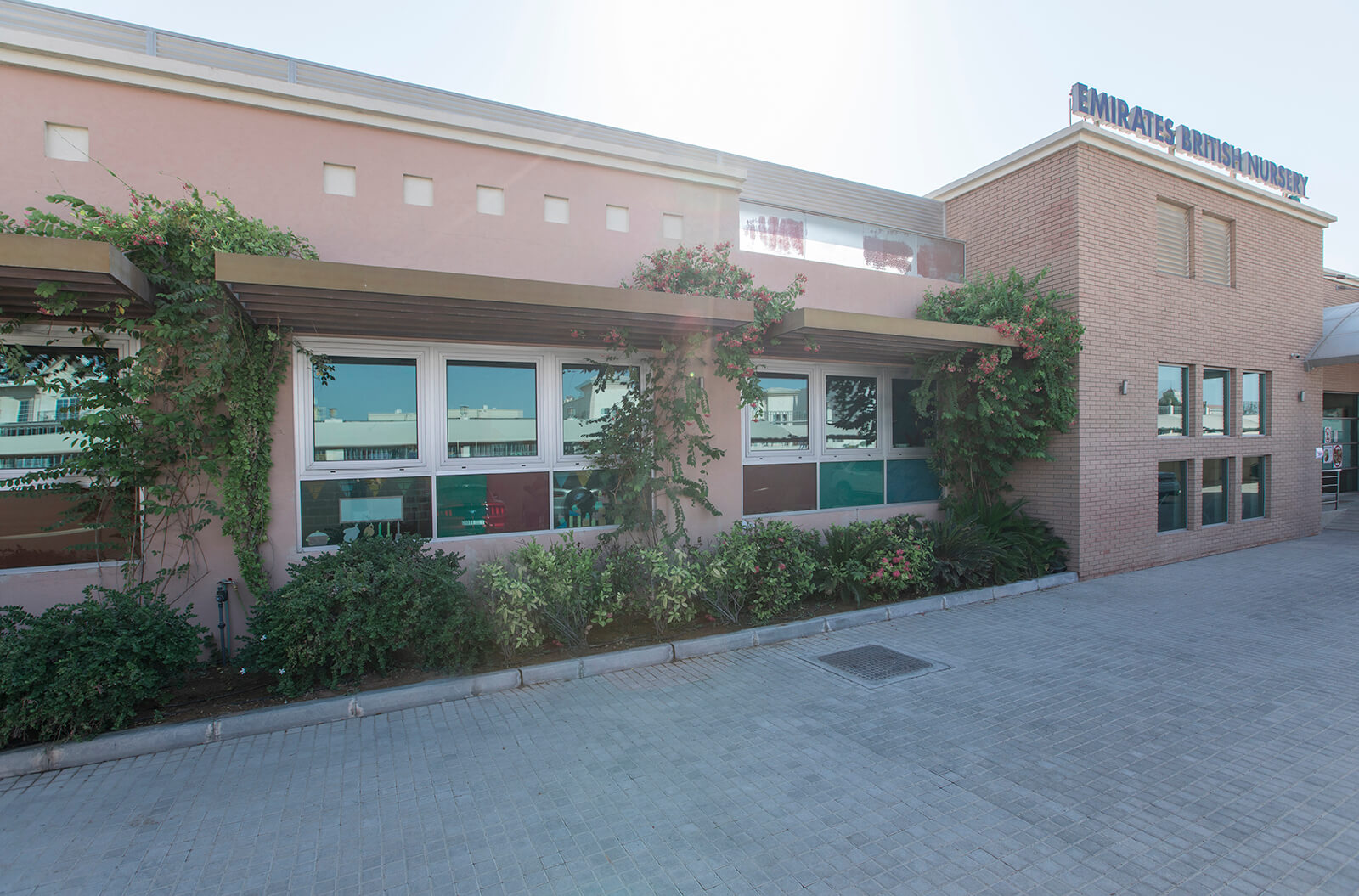Cognitive development in children is an exciting journey filled with key milestones and discoveries. As parents and educators, digging into the complexities of how children learn and digest information is not only necessary but also highly gratifying. In this article, we will look at cognitive growth, its different theories, and practical ways to promote and develop it efficiently. Join us as we discover how to support cognitive development in children
What is Cognitive Development of a Child?
Cognitive development in children is the process by which a child’s intelligence and problem-solving abilities mature, setting the framework for future learning and achievement. Two well-known theories, Piaget’s theory and Vygotsky’s sociocultural theory, provide useful insights into this complex situation.
Piaget’s Theory on Cognitive Development
Sensorimotor Stage:
Birth to 2 years: During this period, newborns use their perceptions and motor skills to explore their surroundings. They acquire an understanding of the permanence of objects, which is the belief that things exist even when they are not visible.
Preoperational Stage:
2 to 7 years: Children learn to use words and symbols to express things and occurrences. They do, however, demonstrate egocentrism, since they struggle to fully understand the viewpoints of others.
Concrete Operational Stage:
7 to 11 years: Children may reason logically about real events and things. They understand conserving and reversal but struggle with abstract and hypothetical scenarios.
Formal Operational Stage:
11 years onwards: Adolescents and adults at this stage may think abstractly and rationally, using deductive reasoning and hypothetical thinking. They can understand complicated topics and use scientific reasoning.
Vygotsky’s Sociocultural Theory on Cognitive Development
on Cognitive Development
Vygotsky’s theory emphasises the role of social interactions and cultural influences on cognitive development, arguing that learning takes place within a social context.
Zone of Proximal Development (ZPD): Vygotsky introduced the notion of ZPD, which is the difference between what a child can do individually and what they can achieve with supervision and help from a more competent individual.
Scaffolding: Adults and more knowledgeable peers give assistance and advice to children as they discuss activities within their ZPD, gradually reducing support as the child’s competence develops.
Cultural Tools: Vygotsky stressed the importance of cultural tools like language, symbols, and social traditions in moulding cognitive development. These tools help children engage with the world and learn more effectively.
Environmental Influences on Cognitive Development:
The environment has a significant impact on cognitive development, including familial dynamics, socioeconomic factors, and educational environments. Emirates British Nursery understands the importance of providing an enriching atmosphere favourable to cognitive development.
Practical suggestions include creating healthy family relations, offering exciting educational tools, and encouraging interactive learning experiences.
Cognitive Development of Preschoolers:
Preschool-aged children experience tremendous cognitive growth as they explore, engage, and make sense of their surroundings. Understanding the cognitive stages and problems that children confront is critical for both parents and educators. Here’s a detailed look at toddlers’ cognitive development, as well as practical techniques to help them flourish.
Cognitive Milestones:
Language Development:
Preschoolers have rapid language growth, extending their vocabulary and sentence structure.
- Vocabulary Growth: By the age of 3, most children have a vocabulary of about 200-1,000 words. By age 4, this can increase to over 1,500 words.
- Sentence Structure: Around age 3, many children can form simple sentences with three to four words, like “I want cookie” or “Mommy go home.” By age 4, they often use longer sentences with more complex grammar, including basic conjunctions like “and” or “because.”
- Storytelling and Conversations: At 3 years old, children often start to tell simple stories or describe events. By age 4, they can hold conversations and begin to ask and answer “why” questions, demonstrating greater understanding and curiosity.
- Pronunciation and Articulation: At age 3, many children can pronounce simple words clearly but may still struggle with some sounds, like “r” or “th.” By age 4, their speech is generally understood by most people, although some mispronunciations may persist.
Tip: Promote language development through conversations, storytelling, and exposure to different books and materials.
Symbolic Play:
Symbolic play, in which children use items and actions to symbolise other things or roles, gains popularity at this stage.
Tip: Provide open-ended toys and resources for imaginative play, including blocks, dress-up outfits, and pretend kitchen sets.
Problem-Solving Skills:
Preschoolers start to engage in elementary problem-solving activities like puzzles and matching games.
Tip: Provide opportunities for problem-solving with age-appropriate puzzles, sorting exercises, and easy STEM activities.
Memory and Attention:
– Their memory and attention span improve, allowing them to follow simple instructions and recall past events.
Tip: Games such as “Simon Says” and memory matching help to improve memory and attention.
Practical Strategies on How to Support Cognitive Development
Encourage Exploration: Allow them to explore by offering sensory activities like sand and water play, nature walks, and painting projects.
Promote Curiosity: To stimulate curiosity, ask open-ended questions, encourage experimentation, and promote individual interests and research.
Create Learning Opportunities: Create opportunities for learning by incorporating them into daily activities like snack time, identifying shapes, and discussing physical elements of things during play.
Promote Social Interaction: Encourage interaction and cooperative play among friends to improve language development, problem-solving, and ability to gain new perspectives.
Why Choose Emirates British Nursery?
Emirates British Nursery incorporates cognitive development ideas with our everyday activities and curriculum preparation. Our approach is consistent with the EYFS framework, emphasising play-based learning and personalised attention.
Our skilled team is committed to promoting cognitive development via engaging experiences that encourage curiosity and critical thinking. Our dedication to creating a loving atmosphere that prioritises cognitive growth alongside social, emotional, and physical well-being distinguishes us.
Conclusion:
Finally, cognitive development provides the framework for lifetime learning and achievement. At Emirates British Nursery, we appreciate the chance to be a part of each child’s learning experience. We encourage parents to explore the enriching options provided by our nursery for developing their child’s cognitive capacities.
This article is written by a third party.



